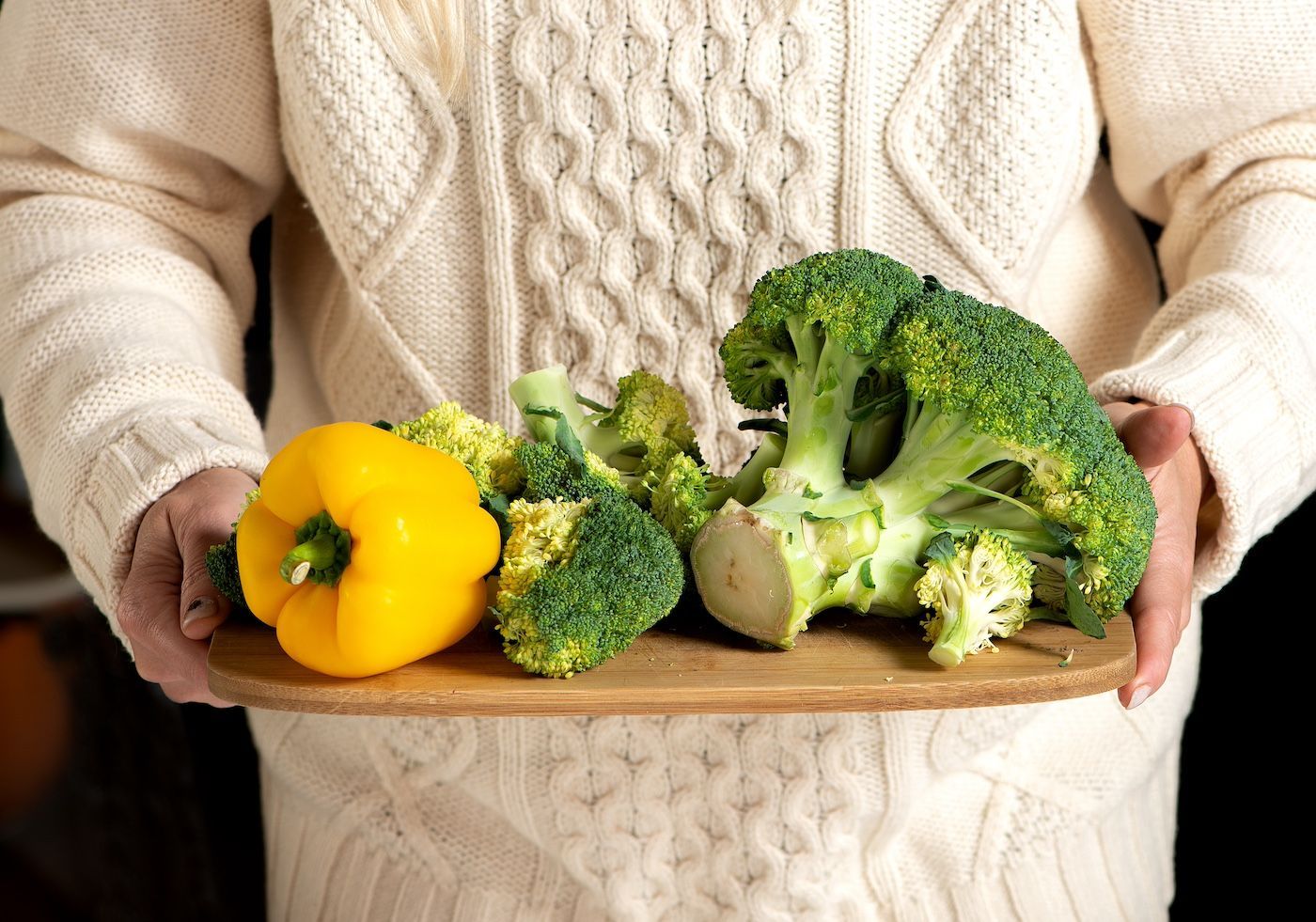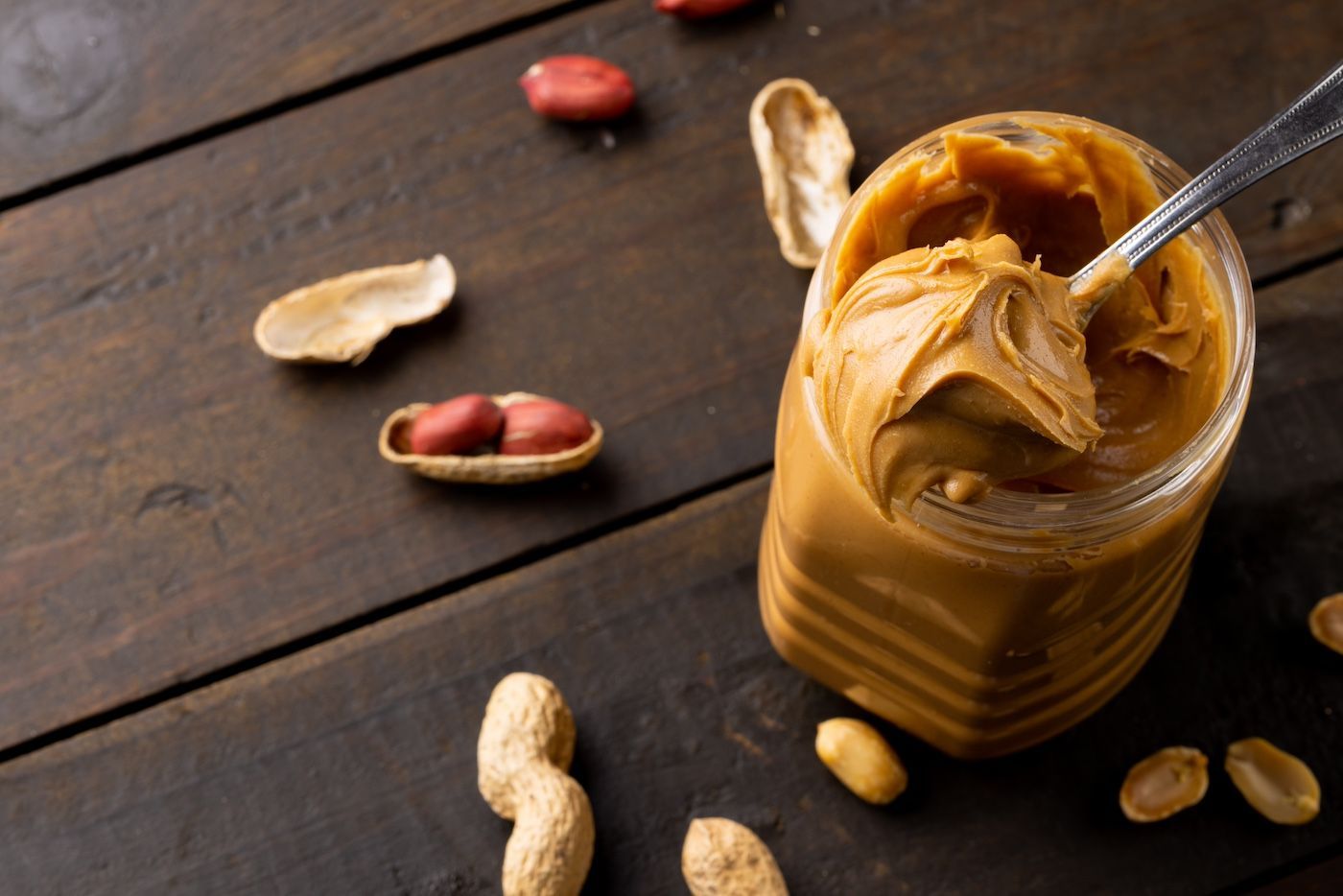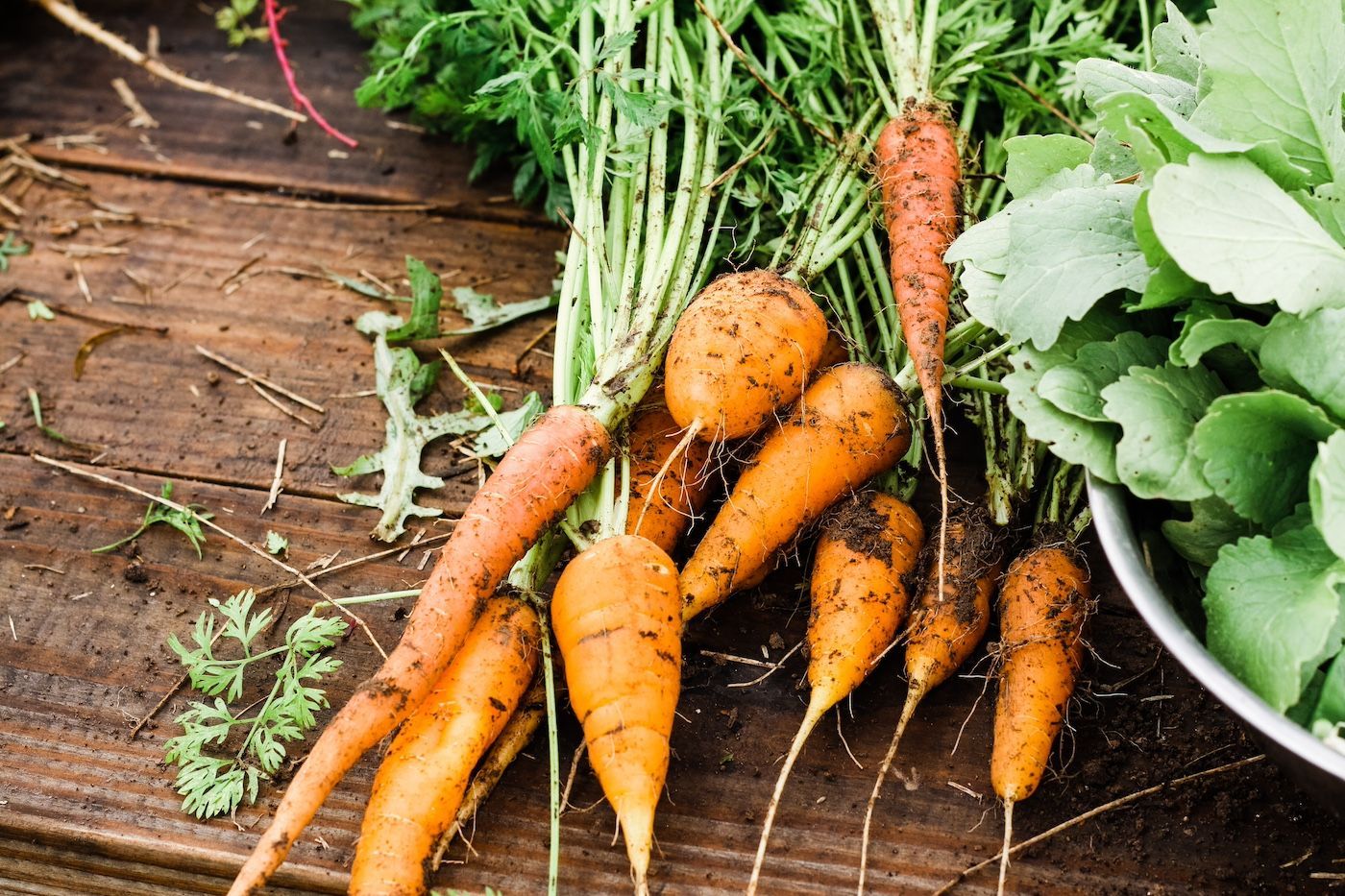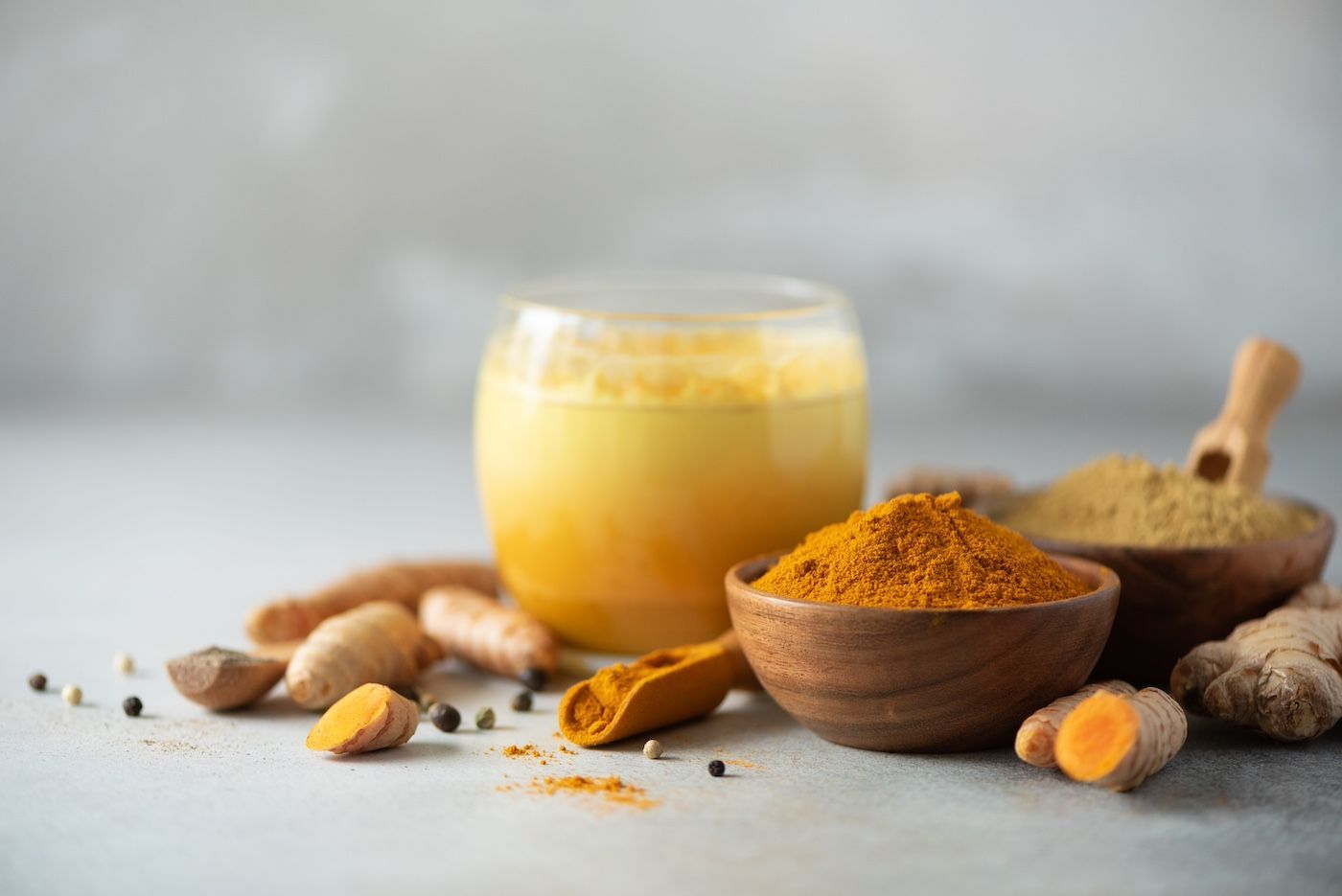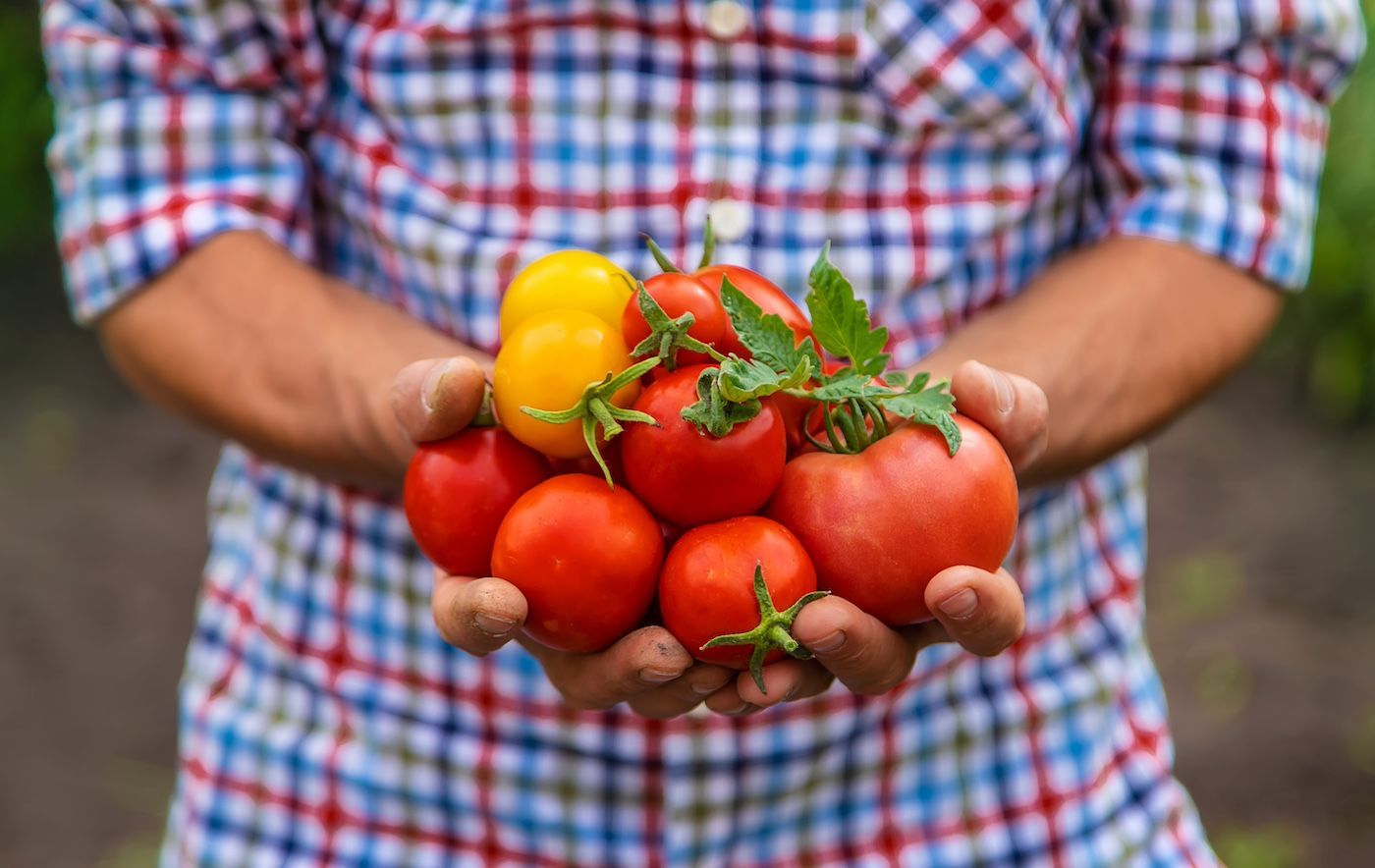Chews Your Health
Why Are Raw Nuts Good For You?
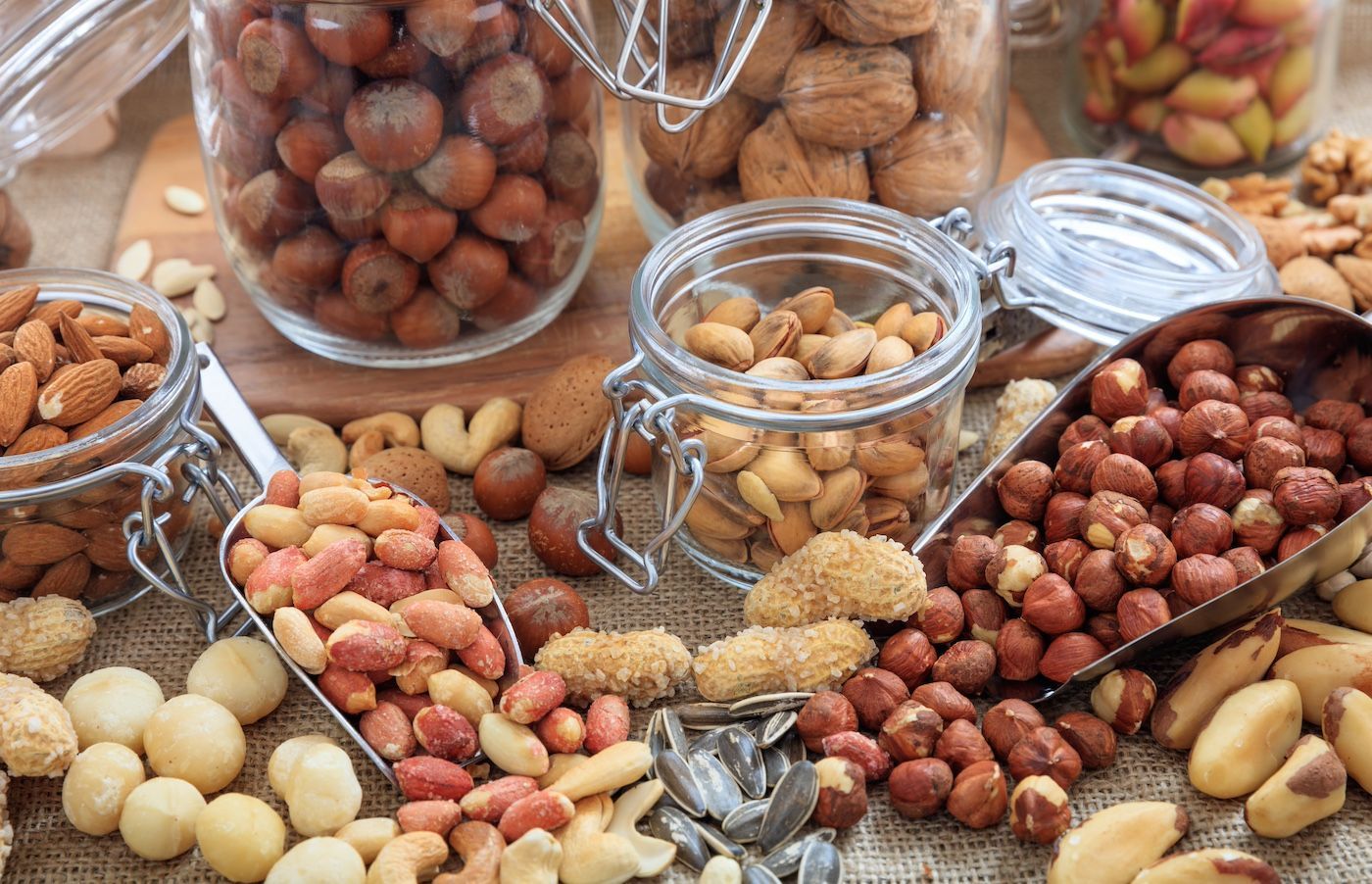
Why Nuts?
Nuts are a popular snack food. They’re convenient, come in a variety and can be enjoyed on many diets. Despite being high in fat, they have a number of benefits for your health.
Health Benefits of Nuts
There are many nutritional benefits of eating nuts. Nuts are full of fiber, protein, and healthy fats. Nuts especially cashews, almonds, walnuts, hazelnuts, pecans, and brazil nuts are a good source of the essential amino acid L-arginine. An essential amino acid is one that our body does not produce enough so it is essential we get it through eating. Amino acids are the building blocks of protein. L-arginine helps with blood flow which in turn may help with blood pressure and overall heart health.
Nuts are made up of unsaturated fats and have some natural statin properties that help lower LDL’s and increase HDL’s. Over 20 years now many people have worried about eating too much fat. Fats should be a concern ONLY if someone is eating a HIGHLY PROCESSED OR PACKAGED, PRESERVATIVE LADEN, WHITE RICE, AND FLOUR DIET or has a specific genetic or age-related metabolic issue. I suggest ANY raw nuts are always a better option than a POP TART or spicy Cheetos on a regular basis.
Nuts are also made up of complex carbs, minerals, tocopherols (a form of vitamin E), polyphenols (nutrients known for their antioxidant properties), and phytosterols—plant sterols similar in structure to cholesterol, which could be why they’re known for helping to lower cholesterol levels.
Nuts are highly satisfying, so despite being high in fat, they may help you lose weight.
Walnuts could be especially heart-healthy due to they’re high content of alpha-linoleic acids, a kind of omega-3 fatty acid thought to safeguard against heart disease, high cholesterol and high blood pressure. We can also benefit from antioxidants in walnuts since they’re normally consumed raw instead of roasted, which keeps their antioxidant-rich skin intact.
Why Eat Raw And Not Roasted Nuts?
Raw and roasted nuts have very similar nutrient contents, with about the same amounts of fat, carbs and protein, though roasted nuts can have slightly higher levels of fat if roasted in oil. The main concern with roasted nuts is with the heat that is used to roast them. When fats are exposed to heat, they can easily become damaged due to oxidation. When they oxidize they form free radicals that can damage our cells. Oxidized fats are essentially rancid fats and can cause the nut to taste and smell bad. The higher the temperature and the longer the roasting time, the more likely they are to be oxidized.
Another concern with roasted nuts is that the polyunsaturated fats are more vulnerable to oxidation during storage. This is because the structure of nuts change when they’re roasted, which allows fat to come into contact with oxygen more easily and thus become oxidized. So, roasted nuts can not be stored as long as raw nuts. They’ll “go bad” a lot quicker than raw nuts.
What If I Have Problems Digesting Nuts?
If you have ever had pain or a heavy feeling in your lower stomach after eating nuts or noticed them in your stool the next day then you may not be properly digesting them. Soaking and then drying raw nuts can eliminate this problem. Raw nuts are not hard to soak or dry but it will take some time to allow the nuts to soak and then fully dry.
Method:
Take 4 cups of raw nuts and put them in a medium bowl
Pour enough filtered water over them to cover the nuts
Add 1 tbsp of salt (I suggest unrefined sea salt)
Soak a minimum of 7 hours or overnight
Use a dehydrator or put in the oven (don’t go above 150°F) for 12-24 hours or until crisp.
Soaking raw nuts not only helps with digestion but it enhances the flavor tremendously! They are a tad crisp, have a pleasant texture, and taste amazing. That alone is encouragement enough to soak raw nuts! If you’ve never tried this before I think you’ll be pleasantly surprised how easy and delicious they are!
Phytic Acid in Raw Nuts
One thing to consider with raw nuts is that they contain phytic acid. Phytic acid is found in the bran or hulls of grains but is also found in nuts and seeds. Phytic acid is easily digested by such animals as cows and sheep, but humans are not able to digest it. The reason this can be a problem is that phytic acid binds to the minerals in our food and thus prevents us from absorbing them. Note that this is only true of minerals present alongside the phytic acid. It will not leach the minerals our body has already stored. So, when eating nuts consider NOT combining them with other foods but consider eating them separate as to not interfere with mineral absorption.
If you soak and then dry your own raw nuts you’ll take care of this concern. The combination of the salt and heat breaks down irritating compounds, while preserving the beneficial fats and proteins. Just remember to keep your temperatures below 150°F.
Unfortunately, we often think of our INDIVIDUAL health too late. Take time to set goals to replace unhealthy eating habits for good habits.
Food is good, stop fearing it. Enjoy it. Share it. Grow it.

